EIA expects increased US crude oil production, with continued high petroleum prices in 2022
Green Car Congress
MAY 11, 2022
Low global oil inventories coupled with continued high demand for gasoline, diesel, and other petroleum products means that increased production likely won’t have much impact on prices in the short term. EIA forecasts that retail sales of electricity to the industrial sector will grow by 2.8% and by 1.5% in summer 2021.





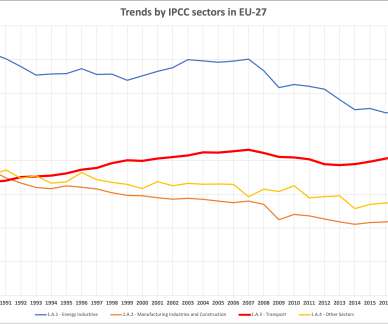

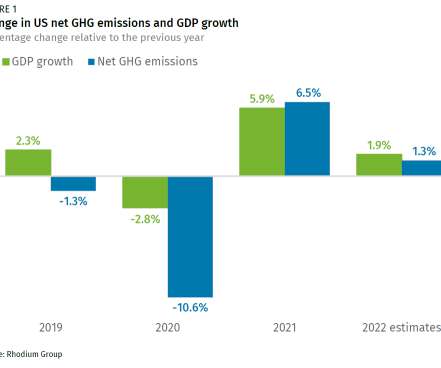

















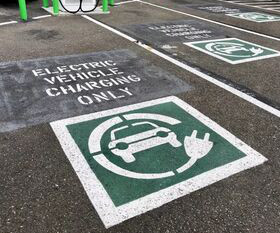



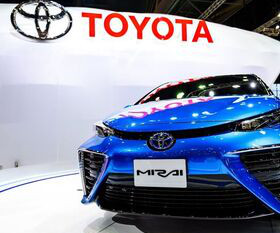



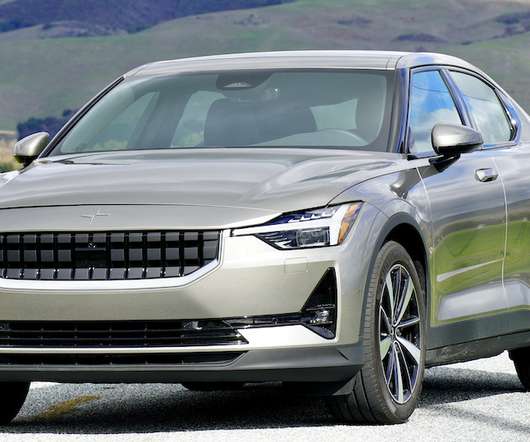









Let's personalize your content